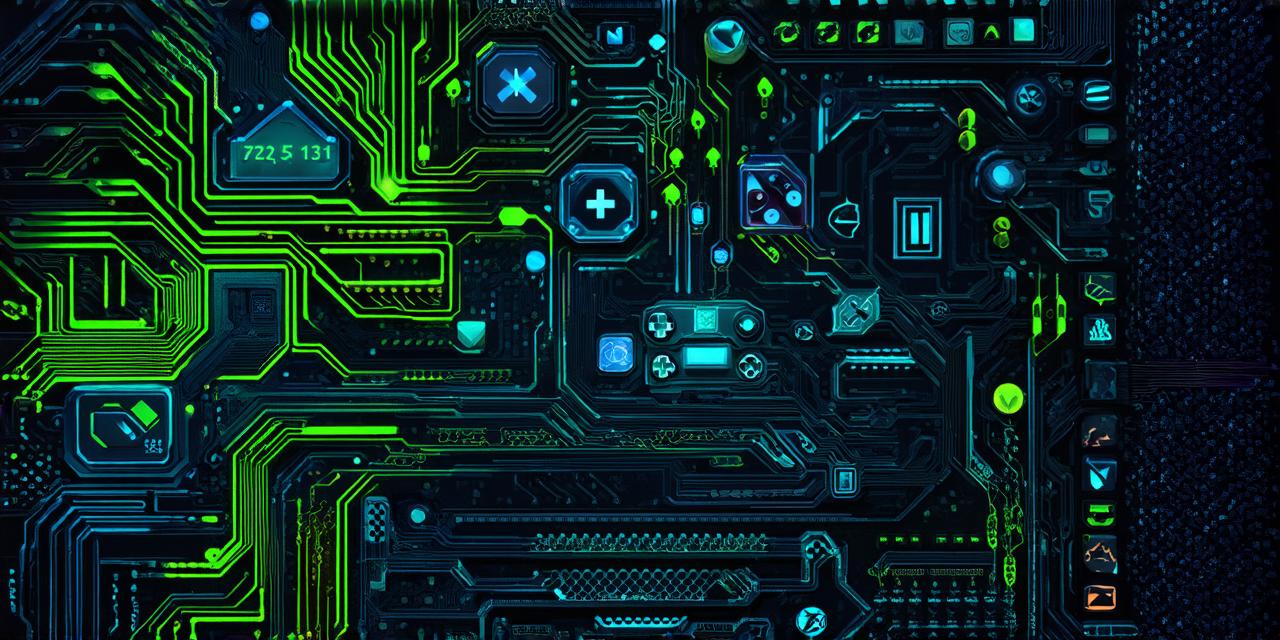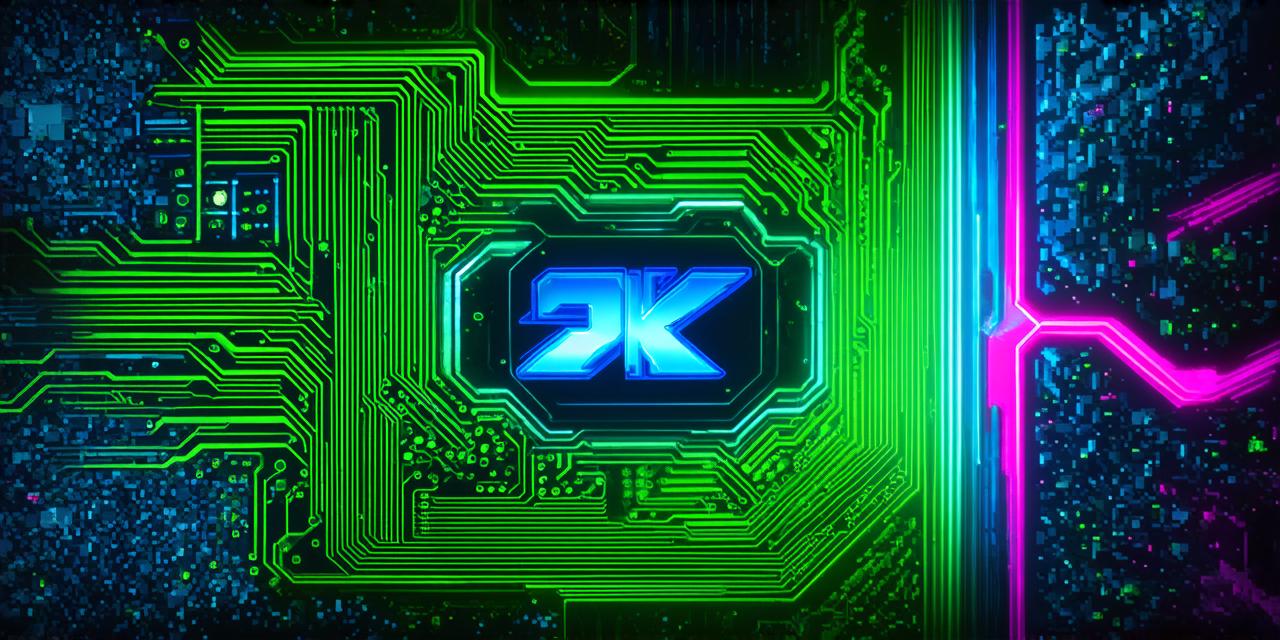Introduction
The world of gaming has evolved significantly in recent years, thanks to advancements in technology and the integration of artificial intelligence (AI) into game development. AI-powered games are becoming more popular every day, providing players with an immersive experience that’s unlike anything they’ve ever experienced before.
In this article, we’ll explore the role of AI in game development and examine how it’s changing the industry for the better.
AI in Game Development
Artificial intelligence is being used to create more engaging, immersive, and realistic gaming experiences. AI can help developers create more dynamic and responsive environments that react to player actions in real-time. With AI, players are able to interact with virtual characters and objects in a way that was previously not possible.
There are several ways in which AI is being used in game development.
- One of the most common uses of AI is in the creation of non-player characters (NPCs). NPCs can be programmed to behave realistically, providing players with more engaging and immersive experiences.
- AI is also being used to create procedurally generated content, such as levels and enemies in games. Procedural generation allows game developers to generate content on-the-fly, rather than manually creating it, which can save time and resources. This approach also ensures that each player’s experience is unique and dynamic, providing a more engaging gameplay experience.
Real-World Examples of AI-Powered Games
There are several successful examples of AI-powered games that have captured players’ imaginations and won critical acclaim. One such game is "The Long Dark," a survival game set in a harsh Canadian wilderness. The game uses AI to control various elements of the environment, such as animals and weather patterns, which creates a more realistic and challenging gaming experience.
Another example is “No Man’s Sky,” an exploration game that allows players to traverse vast galaxies filled with procedurally generated planets and space stations. The game uses AI to create unique and dynamic environments, providing players with a sense of wonder and discovery as they explore new worlds.
Expert Opinions on the Future of Game Development with AI
To get a better understanding of the future of game development with AI, we spoke with several experts in the field. Here are some of their insights:
“AI is already transforming the gaming industry, and its impact will only continue to grow in the coming years,” says Dr. Richard Devine, a professor of computer science at the University of Surrey. “We’re already seeing AI being used to create more dynamic and immersive gaming experiences, and I expect this trend to continue as AI technology continues to advance.”
Dr. Devine also notes that AI will play an increasingly important role in game design, allowing developers to create more interactive and engaging environments for players.
“AI has the potential to create games that are tailored to individual players’ preferences and skill levels,” says Dr. Sarah Seaman, a professor of game design at the University of Central Lancashire.
FAQs on Game Development with AI
1. What is the role of AI in game development?
AI is being used to create more engaging, immersive, and realistic gaming experiences. It can be used to control various elements of the environment, such as non-player characters and procedurally generated content.
2. Can you provide some real-world examples of successful AI-powered games?
Examples include “The Long Dark” and “No Man’s Sky.” These games use AI to create unique and dynamic environments, providing players with a sense of wonder and discovery as they explore new worlds.
3. What are the potential benefits of using AI in game development?

AI can provide players with more engaging and immersive gaming experiences, allow for more complex and realistic characters, and enable developers to create more personalized gaming experiences for players.
4. How will AI change the future of game development?
AI has already begun to transform the gaming industry, and it’s expected to continue to do so as technology advances. We can expect to see more immersive and engaging gaming experiences in the future, as well as a growing role for AI in game design and development.
Conclusion
The integration of artificial intelligence into game development is revolutionizing the industry, providing players with more engaging, immersive, and realistic gaming experiences. AI has the potential to transform the way we play games, allowing developers to create more dynamic and interactive environments for players. The future of game development with AI is bright, and we can expect to see even more exciting developments in the coming years.




